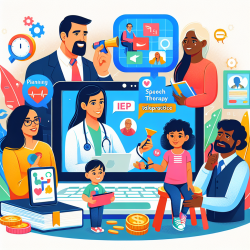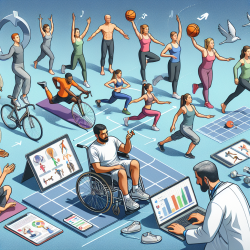The pursuit of academic excellence has long been seen as the gateway to professional success. However, a recent study titled "Does conventional early life academic excellence predict later life scientific discovery? An assessment of the lives of great medical innovators" challenges this notion by examining the educational backgrounds of 100 great medical innovators. The findings suggest that traditional academic metrics may not be the best predictors of future innovation in medicine.
The Study's Findings
The research analyzed the early educational histories of 100 renowned medical innovators, revealing that:
- 31% did not possess a medical degree.
- 24% would likely be denied entry to medical school by today’s standards due to poor academic performance or other factors.
- Only 24% would be guaranteed entry based on current criteria.
This data suggests that many of history's greatest medical minds would have struggled to meet today’s stringent academic requirements. The study raises important questions about whether our current educational systems are stifling potential innovators by focusing too narrowly on academic achievements.
The Implications for Medical Education
The study's findings have significant implications for how we approach medical education and admissions. Here are some key takeaways:
- Diversifying Entry Criteria: The rigid focus on standardized testing and specific subject excellence may exclude individuals with unique talents and perspectives. Broadening entry criteria to include diverse experiences and skills could foster a more innovative environment.
- Encouraging Creativity: Educational programs should encourage creative thinking and problem-solving rather than rote memorization. This shift could help develop future leaders who can think outside the box.
- Nurturing Persistence: Many innovators displayed persistence despite early academic setbacks. Educational institutions should recognize and nurture this trait, which is often crucial for innovation.
Strategies for Practitioners
If you're a practitioner looking to improve your skills or foster innovation within your team, consider these strategies:
- Pursue Continuous Learning: Stay updated with the latest research and trends through conferences, webinars, and publications. This continuous learning approach can inspire new ideas and approaches.
- Create Collaborative Environments: Encourage collaboration among diverse teams. Different perspectives can lead to innovative solutions that a homogenous group might overlook.
- Mentor Emerging Innovators: Support young professionals by providing mentorship opportunities. Share your experiences and insights to help them navigate their careers creatively.
The Path Forward
The study underscores the need for flexibility in educational pathways to accommodate diverse talents and foster innovation. As educators and practitioners, embracing these insights can help create an environment where future innovators can thrive.










